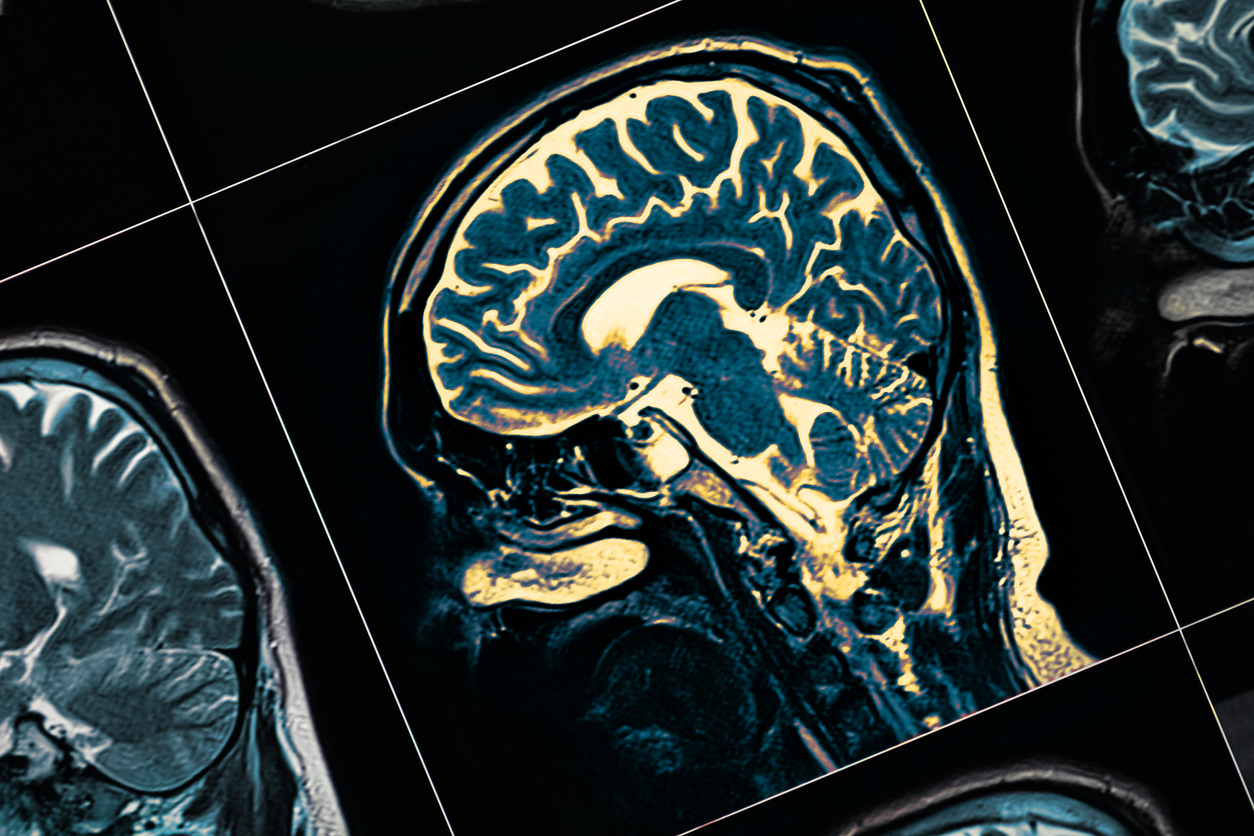

Credits: sudok1/istock
Due to its antioxidant properties, the fruit is able to reduce the risk of dementia.
A study conducted by University of CincinnatiIn the United States, it suggests that strawberries may reduce the risk of dementia in some middle-aged individuals. Initially, the research also looked at the effects of blueberries, also known as bilberries.
Evidence obtained from research has revealed that both strawberries and raspberries contain: Antioxidants They are called anthocyanins, which lead to a variety of health benefits, such as metabolic and cognitive improvements.
Epidemiological data suggests that people who regularly consume strawberries or blueberries have a slower rate of cognitive decline as they age. In addition to their anthocyanin content, strawberries contain additional micronutrients called ellagitannins and ellagic acid that have been linked to health benefits.
How was the research conducted?
To understand the potential link, the study involved a total of 30 overweight people between the ages of 50 and 65 with mild cognitive decline. This population has an increased risk of developing late-onset dementia and other common conditions.
For 12 weeks, participants were asked to abstain from eating any berries, except for a daily packet of powdered supplements that were mixed with water and taken at breakfast. Half of the participants received powders containing the equivalent of a cup of whole strawberries (a standard serving), while the other half received a placebo.
Participants were given tests that measured certain cognitive abilities, such as long-term memory. Researchers also tracked mood, the severity of depression symptoms, and metabolic data throughout the study.
Does fruit reduce the risk of dementia?
Those who took the strawberry powder group had reduced memory interference, which was consistent with an overall improvement in executive function. On the other hand, participants who were treated with strawberries also had a significant reduction in symptoms of depression.
Another point in the study suggests that strawberries may have improved cognitive function by reducing inflammation in the brain. “Executive abilities begin to decline in middle age, and excess abdominal fat, as with insulin resistance and obesity, will tend to increase inflammation, including in the brain,” explained Robert Krikorian, a professor involved in the study.
“Therefore, it could be assumed that the pre-diabetic, middle-aged, overweight sample had higher levels of inflammation that contributed to at least a slight impairment in executive function,” he continued. “Thus, the beneficial effects we observed may be related to the moderation of inflammation in the strawberry group.”

“Friendly zombie guru. Avid pop culture scholar. Freelance travel geek. Wannabe troublemaker. Coffee specialist.”






